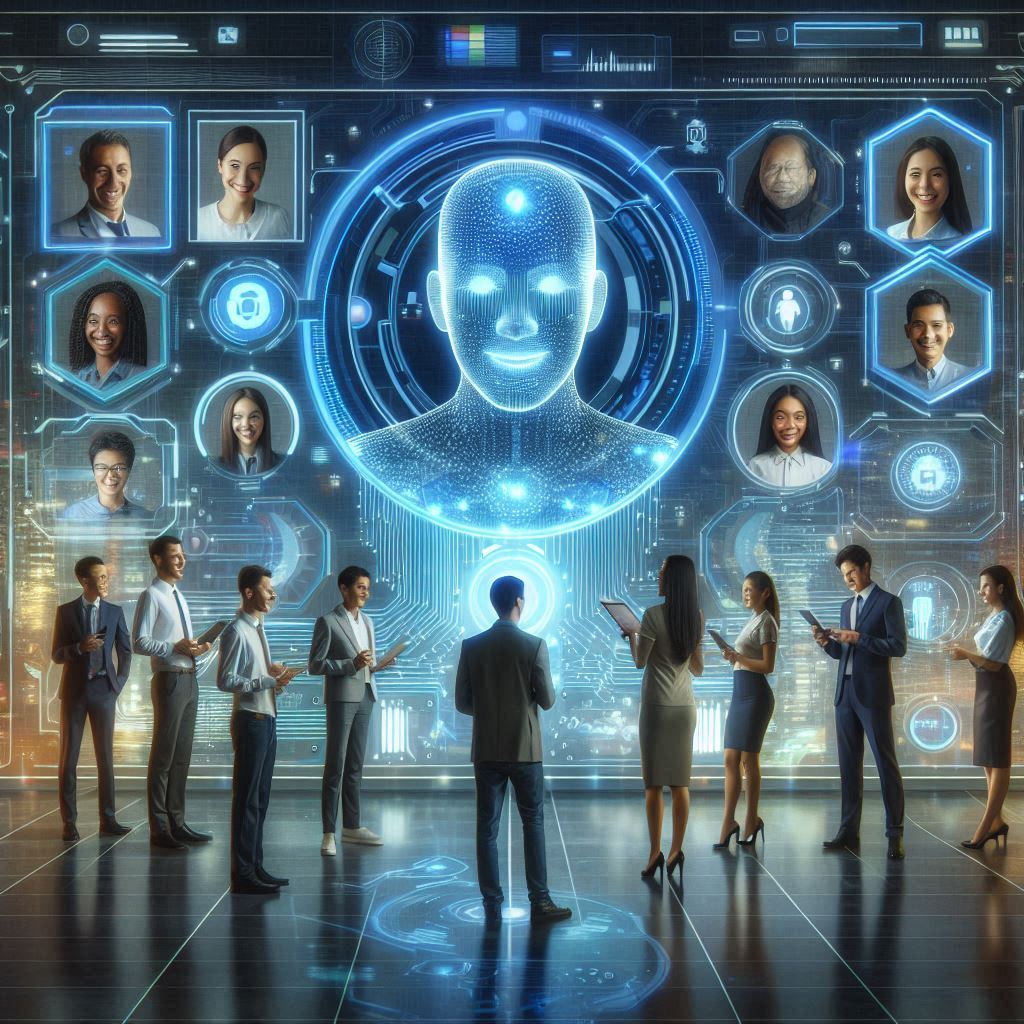Are Machines Taking Over Accounting?

Few industries today remain untouched by the transformative power of automation and artificial intelligence (AI). Accounting, long associated with painstaking manual work and detailed calculations, has undergone a remarkable shift as technology automates tasks once reserved exclusively for human hands.
But does this mean machines are taking over the profession entirely? Or are they redefining its landscape, freeing accountants to focus on higher-level responsibilities that require human insight and expertise?
What Does Automation in Accounting Look Like?
Automation in accounting isn’t about replacing accountants with robots seated at desks. Instead, it’s the use of software and algorithms to handle routine, repetitive tasks. These tasks—such as data entry, invoice processing, payroll management, and bank reconciliations—are now often performed by AI-powered tools like QuickBooks, Xero, and Sage.
For example, Optical Character Recognition (OCR) technology allows machines to scan and extract data from documents, reducing the need for manual entry. Meanwhile, machine learning algorithms can categorize expenses and flag unusual transactions, enabling faster and more accurate reviews. These advancements have drastically improved efficiency, minimized errors, and ensured compliance with tax regulations, benefiting businesses of all sizes.
The Rise of Artificial Intelligence in Accounting
Artificial intelligence takes automation a step further. AI-powered systems not only complete routine tasks but also analyze financial data, generate forecasts, and provide strategic insights. They can predict cash flow trends, identify financial risks, and even recommend cost-saving measures—capabilities that were once the domain of seasoned accountants.
AI is also transforming client interactions through chatbots and virtual assistants embedded in accounting platforms. These tools answer routine queries, assist with troubleshooting, and provide round-the-clock support, streamlining operations for both accountants and their clients.
Are Machines Replacing Accountants?
The idea that machines will replace accountants outright is a common fear, but it’s largely unfounded. While machines excel at processing data and performing repetitive tasks, they lack the judgment, ethical reasoning, and personalized touch that humans bring to the table.
For instance, an AI system may flag a suspicious transaction, but only an accountant can assess its context, investigate further, and take the necessary action. Similarly, crafting a customized tax strategy or financial plan requires understanding a client’s unique goals and circumstances—something a machine simply cannot replicate.
How Accountants Are Adapting to Change
Rather than being rendered obsolete, accountants are adapting to their evolving roles. Automation allows them to shift from manual data processing to strategic decision-making, transforming them into trusted advisors and financial analysts.
Many accountants are embracing technology, pursuing certifications in AI, machine learning, and data analytics to stay relevant. This growing expertise enables them to leverage AI tools more effectively, ensuring they remain indispensable in a tech-driven industry. By working alongside machines, accountants can combine the strengths of automation with human insight to deliver even greater value to their clients.
The Benefits of Automation in Accounting
The integration of automation offers clear advantages. Time-consuming tasks are completed faster, freeing accountants to focus on high-value activities like auditing, financial planning, and strategic advising. Automation also enhances accuracy, reducing the risk of human error in calculations and ensuring compliance with regulations.
Cost savings are another significant benefit. Businesses can reduce overhead by automating repetitive tasks and reallocating resources to more critical areas. For clients, the increased efficiency and accuracy translate to better service and greater confidence in financial reporting.
Challenges of Adopting Automation
Despite its benefits, automation isn’t without challenges. Small businesses and accounting firms often face high upfront costs when adopting advanced software and AI tools. Additionally, accountants must invest time in training to use these technologies effectively, which can pose a barrier for those resistant to change.
Ethical considerations are also crucial. As machines take on more responsibilities, oversight is needed to ensure AI decisions are unbiased and align with legal and ethical standards. Accountants play a vital role in monitoring these systems to uphold integrity in financial practices.
The Future of Accounting: Collaboration Over Competition
The future of accounting is one of collaboration, not competition, between humans and machines. Emerging technologies like blockchain, advanced data analytics, and real-time reporting will continue to reshape the industry, but they will enhance, not replace, human roles.
Accountants will focus on delivering strategic insights, advising on complex financial decisions, and ensuring ethical compliance. Machines will handle the heavy lifting of data processing, allowing humans to concentrate on what they do best—applying critical thinking, empathy, and nuanced understanding to their work.
Conclusion
While machines are revolutionizing accounting, they are not taking over the profession. Instead, they are enabling accountants to excel by automating repetitive tasks and providing deeper insights through data analysis. Accountants who embrace technology and adapt to its challenges will remain indispensable, serving as trusted advisors in an increasingly automated world.
The synergy between human expertise and machine efficiency promises a bright future for accounting, one where the profession is more impactful, accurate, and innovative than ever before. By leveraging the best of both worlds, accountants can secure their role at the forefront of financial excellence in the digital age.
